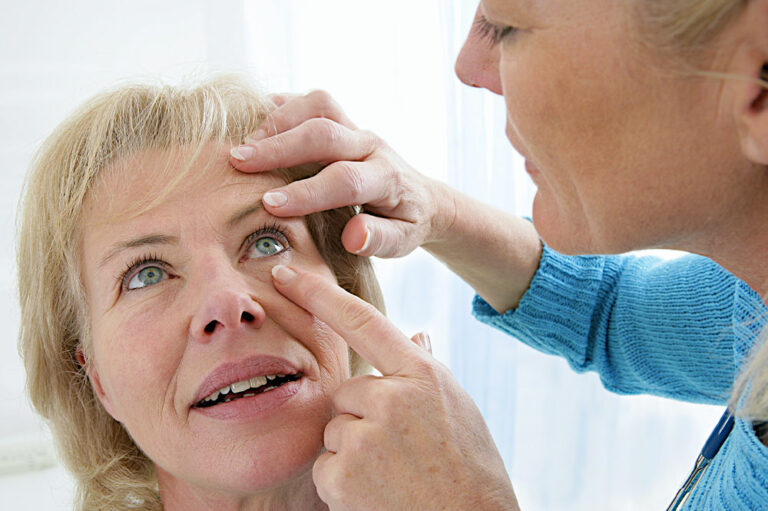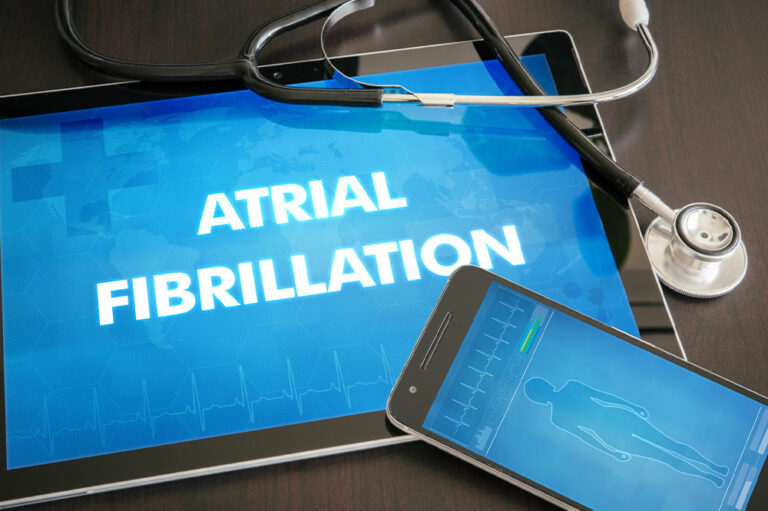
Health
Type 2 diabetes – Effects and early warning signs
Despite widespread awareness that type 1 and type 2 diabetes are chronic diseases, individuals frequently go years without getting tested or diagnosed. In type 1 diabetes, our body does not produce enough insulin, and in type 2 diabetes, our bodies do not respond well to insulin and cannot regulate or metabolize blood sugar. Type 2 diabetes is more common, and the number of people affected by it is rising globally. Importance of diagnosing type 2 diabetes There is more research required to fully understand type 2 diabetes as an increasing number of children and young adults are developing the condition. Despite its widespread prevalence, many tend to ignore it as they assume they are not at risk if they don’t meet specific criteria. On the contrary, it can affect anyone at any age, even those who are health-conscious and fit. Knowing if a person is at risk for type 2 diabetes or identifying the symptoms early can help reverse or delay its impact. If it is diagnosed only after the blood sugar becomes quite high, reversing it may take longer. Type 2 diabetes can affect your quality of life as you must be mindful of your meals and watchful about your physical fitness all your life.
Read More 














